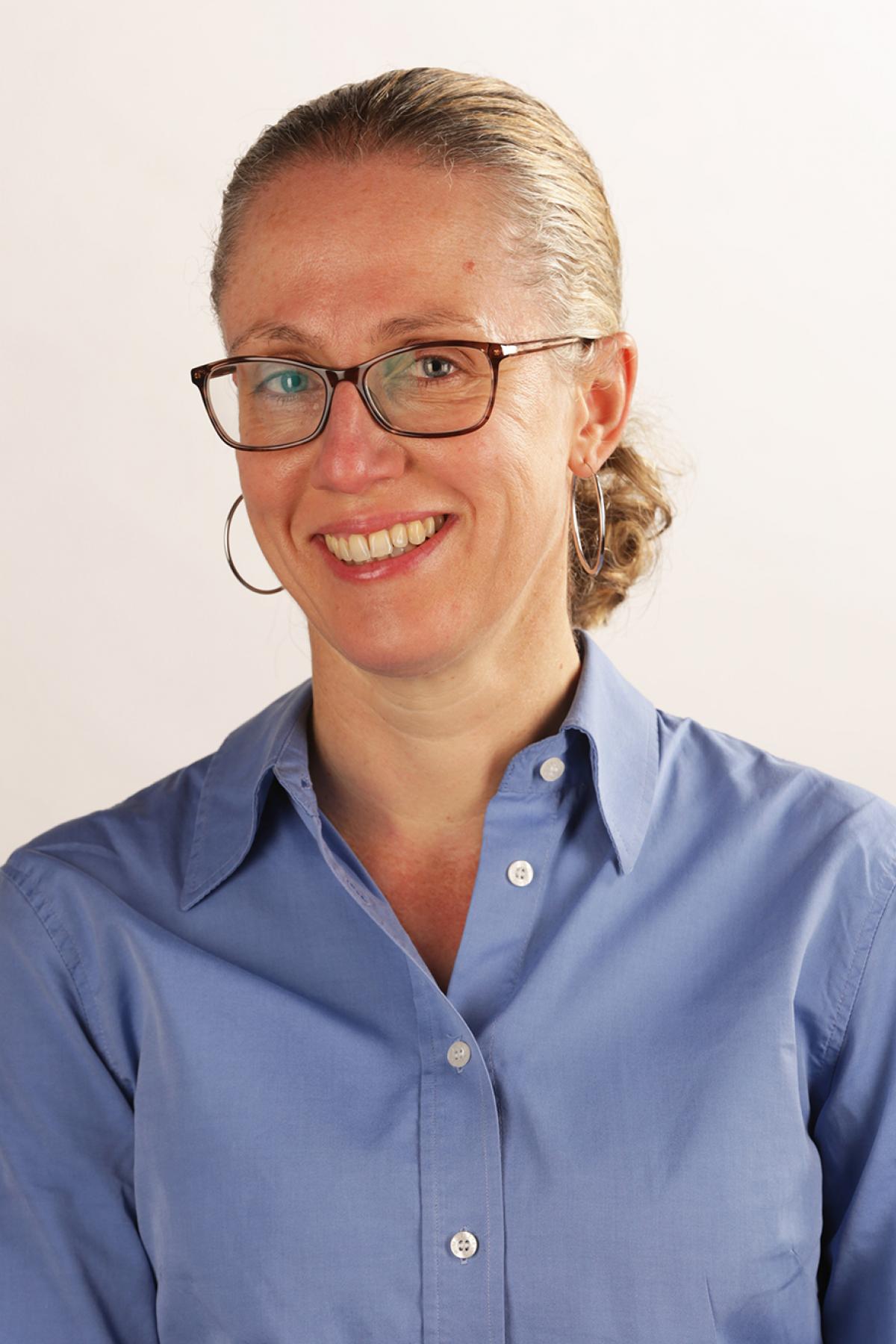Learnings from LTAG - Professor Amanda Able
Staff and student perceptions of assessment design in SET: workload, type and value.
As teachers, we aim to design valuable and authentic assessment which engages students, purposefully enabling them to demonstrate learning outcomes appropriately. However, the style of assessment and extent of engagement required by the student may differ between courses and is dependent upon factors such as year level and discipline. Engagement with and design of assessment is further impacted by workload of students and staff respectively. The project team (Professor Amanda Able and two summer scholarship students, James Peet and Trent Weir) explored perceptions of assessment type, value and associated workload across academics and students in different disciplines within the Faculty of Sciences, Engineering and Technology using surveys and focus groups.
How has your activity impacted your teaching, student learning or the practice of your colleagues?
This project was used to mentor two undergraduates in research for STEM Education (James Peet and Trent Weir). The summer students have learnt a wide array of skills and knowledge through this mixed methods research project and continue to contribute to the preparation of a manuscript and presentation for the Australian Conference of Science and Mathematics Education. The paper will help to influence academic’s views on assessment design especially in the context of students’ perceived value of assessment to their learning. Furthermore, the information about assessment workload has been used by the Faculty of SET Academic Workload Allocation Working Group in the development of guidelines for workload allocation. In my own teaching, I see opportunities to be more explicit about the link between expectations of workload and learning outcomes to students.

One thing that surprised me in undertaking this activity was…
Over my more than 20 years as an academic at the University of Adelaide, I have been part of many conversations where we as academics are concerned that we over-assess students and place too much pressure on students with the use of final exams as an assessment.
We received the usual feedback from students about final exams being stressful and not a true indicator of their performance (‘Exams are NOT like the real world!’). However, I was surprised to learn that students want more assessment! Our surveys and focus groups identified that, regardless of discipline, students prefer to have multiple, and many different types of, assessments with low weightings over a semester to enable formative feedback and to demonstrate their learning more easily. They acknowledged the impact on academic workload but felt that what academics viewed as ideal over a semester (an average of 4-5 assessments per subject) was not enough to drive their learning.
What is your key learning from this activity?
Students usually equated the weighting of tasks with the expected workload whereas many academics tended to weight assessment based on the importance of the learning outcomes. Most academics (56%) did not provide guidance to students about their expectations of the required workload for individual assignments (at different grade levels). Students were often most concerned about fairness and consistency in assessment but also had a limited understanding of the rationale for assessment design and required input. Interestingly though, students suggested that there should be a hurdle on the final exam to ensure students engage with it when it has a low weighting.
How could colleagues use your learnings in their practice?
For the findings described here, we suggest that academics provide detailed expectations (especially relating to workload) and information about the purpose of the assessment and its design. Furthermore, consider co-creating your assessments with students: ask them to consider the number, size/workload, type and timing of assessments (and associated feedback) that would provide them value in their learning.
How can people learn more about your project?
The results from the project are currently being prepared for publication and will be presented at the Australian Conference of Science and Mathematics Education in August. Once published, we will distribute wherever possible (e.g. SET news, L&T news, via the Adelaide Education Academy).
